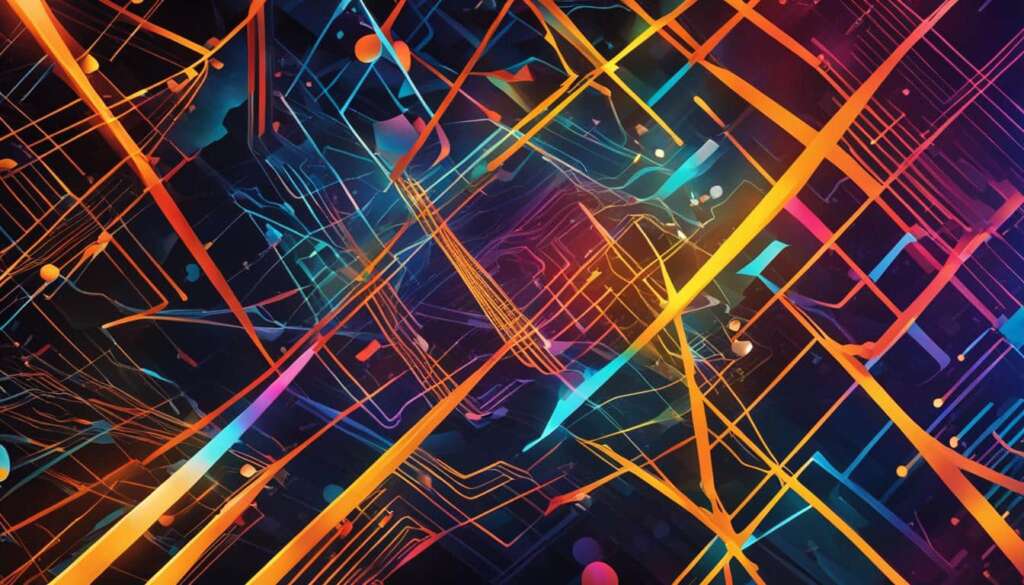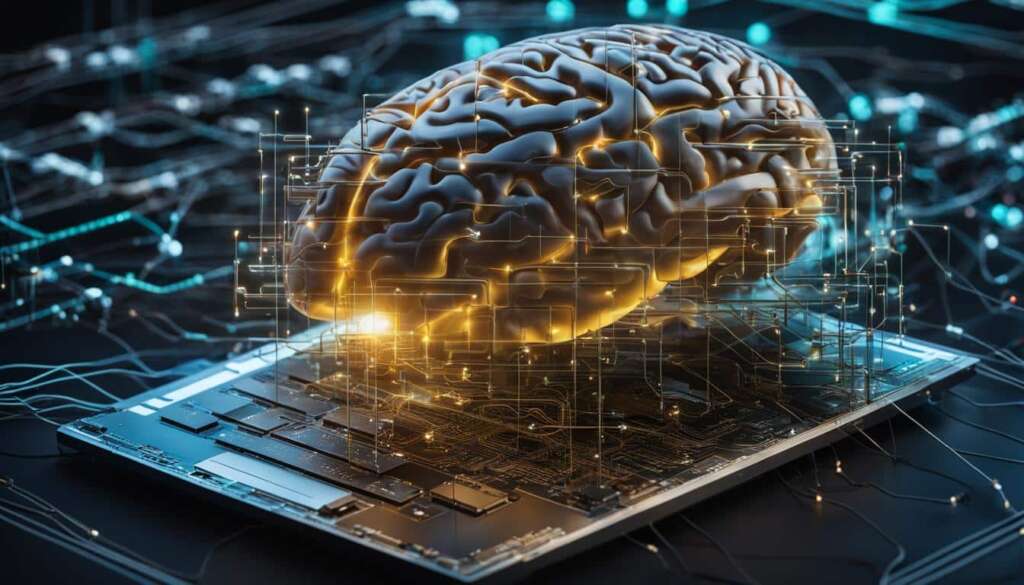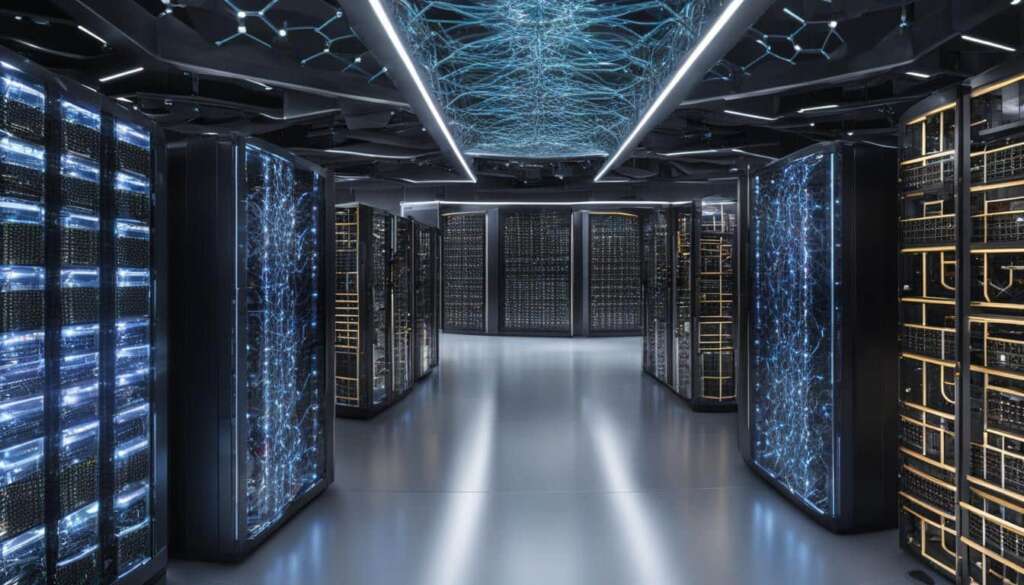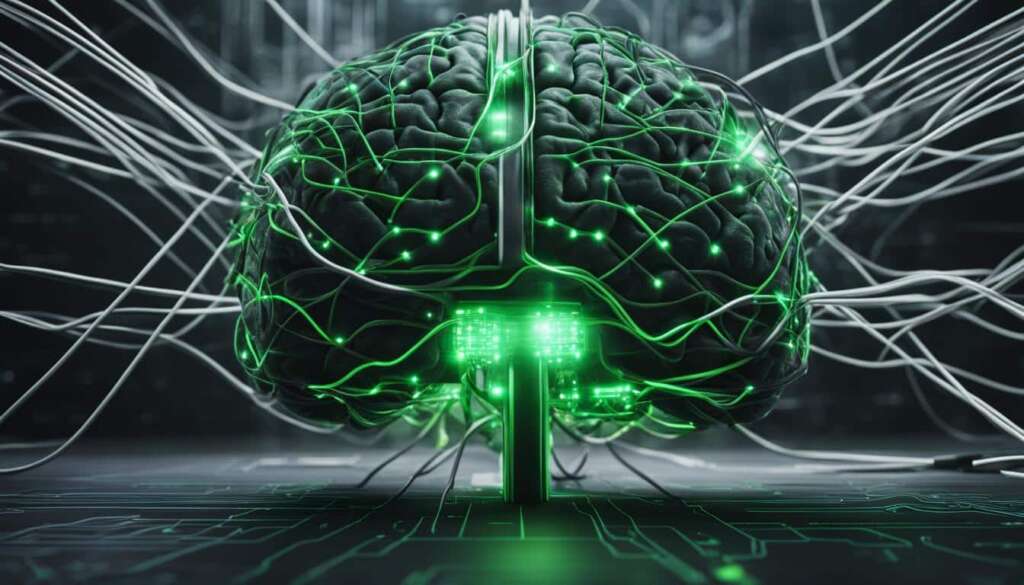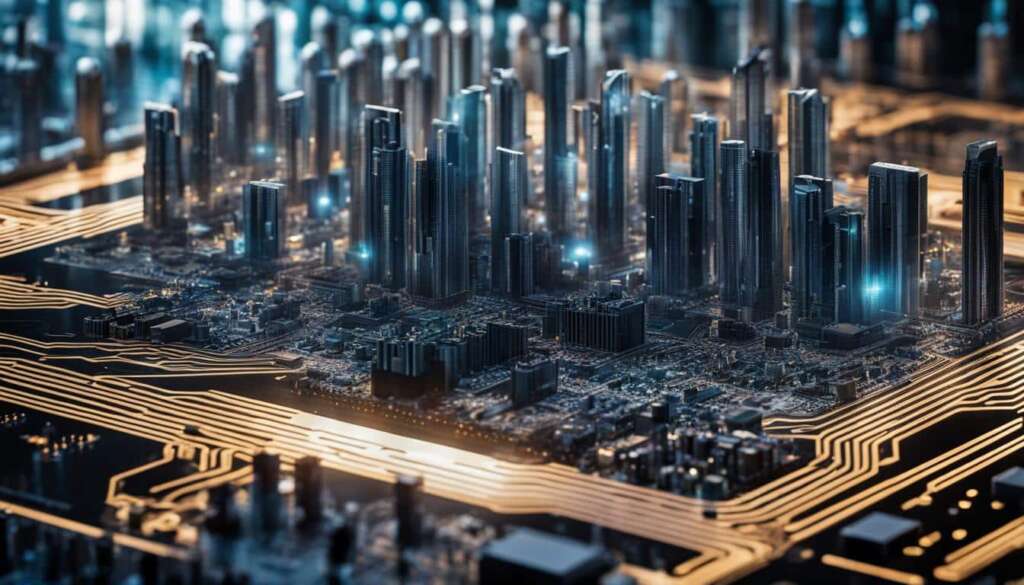Table of Contents
AI memory technology is advancing to mirror the mechanisms of the human brain, leading to transformative advancements in cognitive AI. The concept of memory mirroring involves replicating the way the human brain forms and recalls memories using artificial intelligence. This connection between AI and the human brain holds great potential for various applications in fields like neuroscience, psychology, and artificial intelligence research.
The aim is to understand the functioning of the human brain better and leverage that knowledge to enhance AI capabilities. The development of memory mapping in AI systems allows for the integration of human-like memory storage and retrieval mechanisms in artificial intelligence. Memory mirroring technology enables AI systems to learn from past experiences and make more informed decisions in a human-like manner.
The study of how AI memory mirrors the human brain is a rapidly growing field that continues to unlock new possibilities for cognitive AI technologies.
The Role of AI Memory in Cognitive AI
AI memory plays a crucial role in the development of cognitive AI systems. These systems aim to mimic human cognitive abilities such as perception, learning, and decision-making. The integration of AI memory enables these systems to store and retrieve information, similar to the way the human brain stores and recalls memories.
Memory mapping techniques allow AI systems to form associations between different pieces of information, leading to more intelligent and context-aware decision-making.
By mirroring the memory mechanisms of the human brain, AI memory helps in creating AI systems that can learn from previous experiences, adapt to new situations, and improve their performance over time.
This cognitive aspect of AI memory is crucial for applications such as natural language processing, image recognition, and autonomous systems that require continuous learning and adaptation.
| Application | Benefits |
|---|---|
| Natural Language Processing | Enhanced understanding and generation of human-like language |
| Image Recognition | Improved image analysis and recognition capabilities |
| Autonomous Systems | Enhanced decision-making and adaptation to changing environments |
Implications and Future Opportunities
The development of brain mirroring technology in AI memory opens up a wide range of implications and future opportunities. By understanding how the human brain forms and recalls memories, researchers can gain insights into human cognition and potentially develop treatments for memory-related disorders.
Memory mirroring in AI can also contribute to advancements in neuroprosthetics and brain-computer interfaces, allowing individuals with cognitive impairments to enhance their memory and cognitive abilities.
Furthermore, AI memory technology can enable more efficient data storage and retrieval systems, leading to improved performance in various industries such as healthcare, finance, and logistics.
The continued development of AI memory mirroring techniques holds the potential to revolutionize AI technology and push the boundaries of what is possible in artificial intelligence research.
FAQ
What is AI memory mirroring?
AI memory mirroring involves replicating the way the human brain forms and recalls memories using artificial intelligence.
How does the connection between AI and the human brain benefit cognitive AI?
The connection between AI and the human brain holds great potential for various applications in fields like neuroscience, psychology, and artificial intelligence research, enhancing AI capabilities.
What is the role of AI memory in cognitive AI systems?
AI memory plays a crucial role in the development of cognitive AI systems, allowing them to store and retrieve information and make intelligent and context-aware decisions.
What are the implications of memory mirroring in AI?
Memory mirroring in AI opens up opportunities for advancements in neuroprosthetics, brain-computer interfaces, efficient data storage and retrieval systems, and developments in various industries such as healthcare, finance, and logistics.
How does AI memory mirroring contribute to the field of neuroscience?
By understanding how the human brain forms and recalls memories, researchers can gain insights into human cognition and potentially develop treatments for memory-related disorders.
How does AI memory mirroring impact the performance of AI systems?
By mirroring the memory mechanisms of the human brain, AI memory technology enables AI systems to learn from past experiences, adapt to new situations, and improve their performance over time.
What are the future opportunities and possibilities associated with AI memory mirroring techniques?
The continued development of AI memory mirroring techniques holds the potential to revolutionize AI technology and push the boundaries of what is possible in artificial intelligence research.


